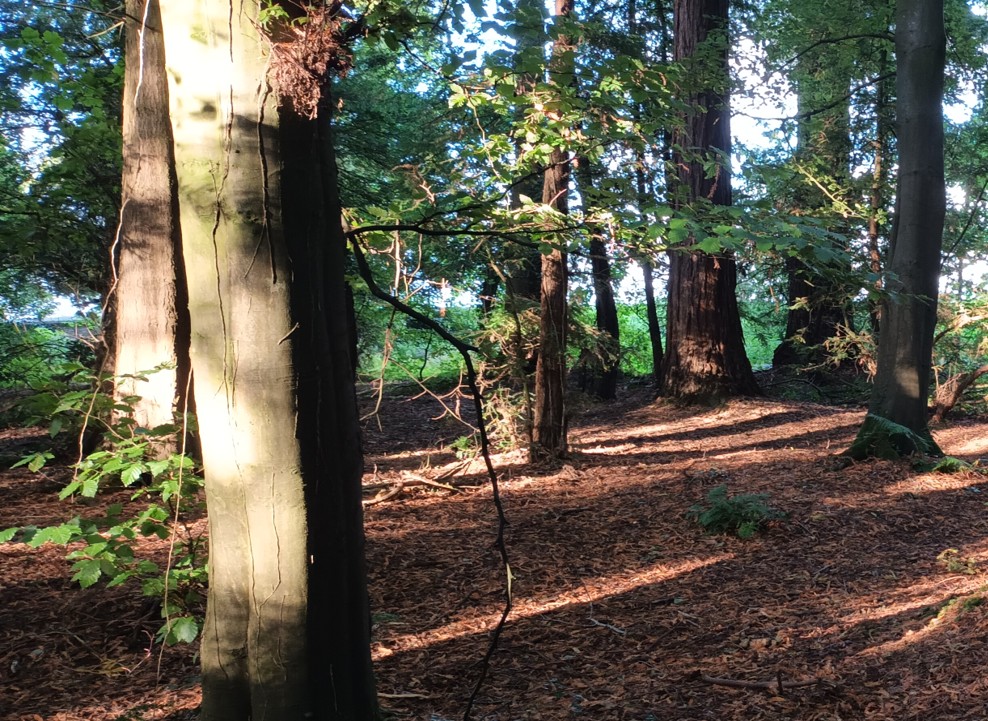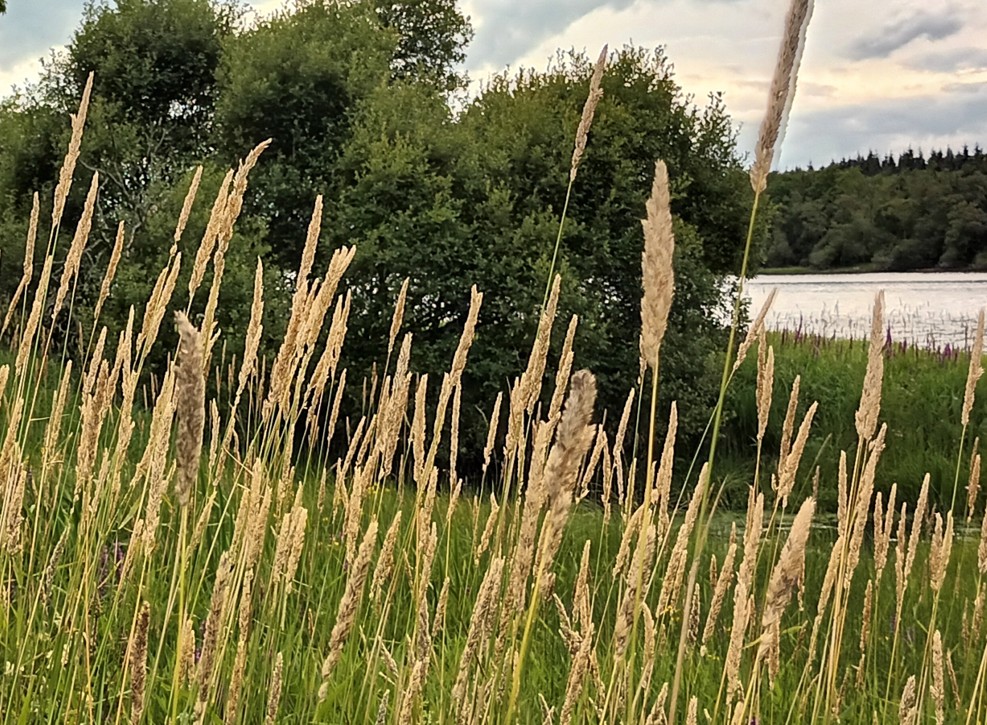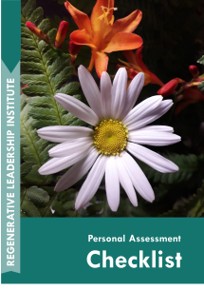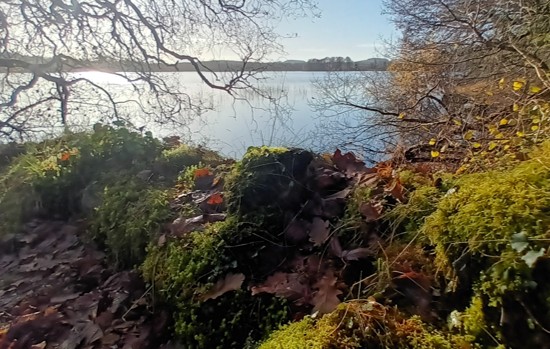Learning as Evolving
Seek New Knowledge
Across all organizations, leaders emerge from diverse educational and experiential backgrounds. Yet, one common trait they share is the necessity to continually seek new knowledge, as the environment around them changes dynamically. Relying solely on their past learning—much of which was acquired through formal curricula or structured educational paradigms—would leave them behind in an ever-evolving environment.
The contexts from which past learning was derived have since moved on. As a result, much of the knowledge gained from our formative education is now outdated. Consequently, the need for lifelong learning has become ingrained in society, ensuring that individuals can adapt and remain equipped for success.
Mainstream education and training models internationally are progressively developing within the concept of ‘Lifelong Learning’. Lifelong learning has come to prominence due to the speed of economic and technological change which has led to the globalization of trade. The impact of this change is that rather than individuals entering the workplace and holding ‘a job for life’ it is more likely they will have to change careers several times.
This career change will require new knowledge and skills and a willingness to undertake continuous learning if they are to maintain employment throughout their working lives. Indeed, the concept of Lifelong Learning in a modern environment requires individuals to recognise themselves as a renewable resource as they constantly must adapt to new roles and new contexts.
Lifelong Learning
Indeed, as far back as 1972 the United Nations Educational Social and Cultural Organisation (UNESCO) stated the principles on the concept of lifelong earning in humanistic terms. This centred around ‘the fulfilment of man’ through flexible organisation of education, the widening of access to higher education, recognition of formal, non-formal and informal education and education in areas such as health, culture and environmental issues.
However, ongoing economic and technological developments and the emergence of globalisation have placed greater emphasis on the need for lifelong learning. In order that firms and in turn nations can gain competitive advantage in such a fast-moving world environment human capital must continuously be developed. The speed of change in western economies is no longer driven by industrialisation but by knowledge and information.
Currently within the EC the Organisation for Economic Co-operation and Development, (OECD), on the basis of their policy brief, ‘Qualifications and Lifelong Learning’ (2007), seek to review EC national qualifications systems. This is because they believe there to be a link between qualifications systems and lifelong learning.
Indeed, on post formal educational journeys, individuals require access to new, up to date, knowledge, information and skills to work more effectively in their organizations. A key source of such learning can be through peer groups. Peer groups can incorporate formal learning to provide wider knowledge updates on new thinking for example, Equally, they can incorporate natural learning methodologies to support individual leader development in the context of their business environment.
Such natural learning opportunities can be through carefully curated learning contexts such as that developed in the SENSEI Regenerative Framework® developed by Dr Gerard Prior. Furthermore, the speed of learning on how organizations must meet today’s requirements of a fast-changing green values landscape, means new learning models are more necessary than ever.
Natural Learning
In the same context, there is a consensus that where a person leaves compulsory education with a sense of failure, they may perceive future opportunities to learn as another chance to fail. Consequently, the opening up of natural learning opportunities can support learners in leaving the sense of failure in formalized curricula constructs behind them. So, when new learning is situated in normal contexts designed to encourage learning, individuals can progress ‘naturally’.
In addition, it is evidential the type of national qualifications systems in operation can affect learning behaviour, employers, and learning providers, so, the need for new natural learning approaches has become obvious. There is therefore a need for efficient, high quality learning methods for leaders that support their lifelong learning for organizational sustainability and growth. Also, much work has been done in relation to the redefinition of the actual term ‘qualification’ in the context of lifelong learning. In turn, there is a need for more innovative, creative learning providers outside the classical framework of national education systems and traditional consultancies.
Conclusion
In conclusion, the evolving demands of the modern world underscore the necessity for lifelong learning among leaders across all organizations. As economic, technological, and environmental changes continue to reshape our landscape, leaders must adapt through continuous education and knowledge acquisition. Peer groups and natural learning methodologies such as the Dr Gerard Prior SENSEI Regenerative Framework® offer vital support for this ongoing learning process. Moreover, innovative approaches and redefined qualifications within the context of lifelong learning are essential for fostering resilient, knowledgeable leaders capable of driving organizational growth and sustainability in an ever-changing global, and global warming environment.
Click on the image below to download our Regenerative Leadership Personal Assessment to discover your readiness for regenerative Leadership practice...
Make it Happen
Overall, embarking on a regenerative leadership journey involves adopting practices that not only sustain but enhance both the organization and its broader ecosystem. By embracing systems thinking, fostering a purpose-driven culture, promoting diversity and inclusion, implementing sustainable practices, and engaging in lifelong learning, CEOs can lead their organizations towards a more resilient, innovative, and socially responsible future. Through these actions, leaders can create lasting value for all stakeholders and contribute to the well-being of the planet and its inhabitants.









